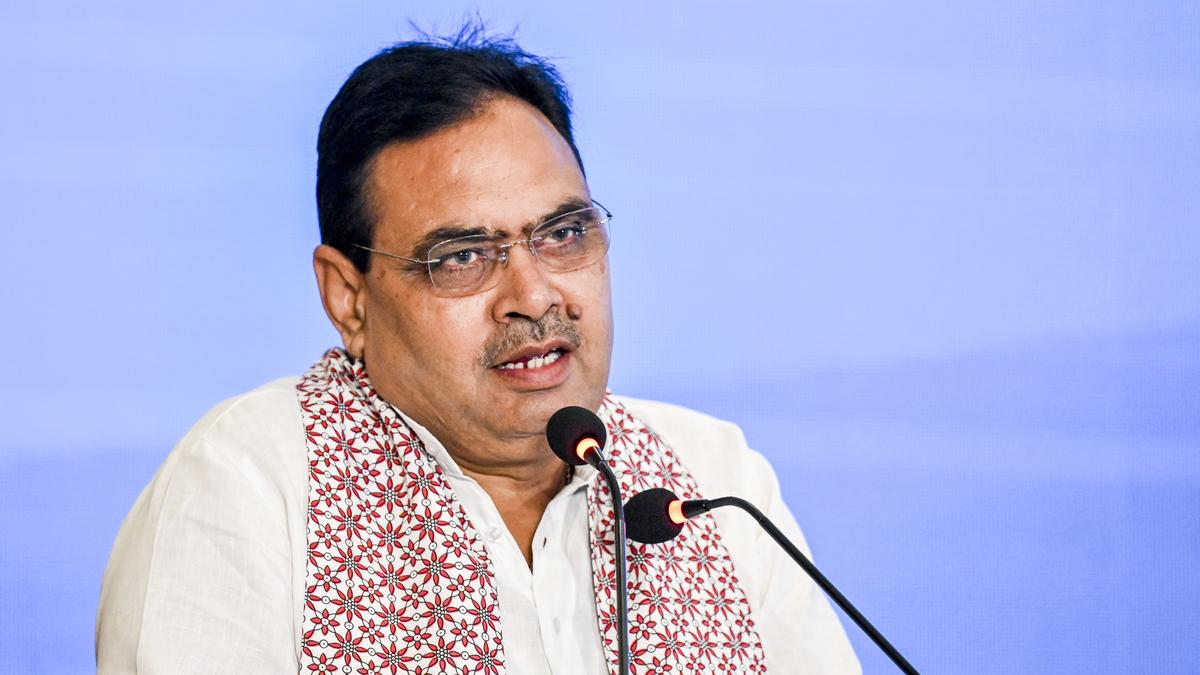The Aurangabad Bench of the Bombay High Court on Friday (September 19, 2025) dismissed a batch of petitions filed by several individuals from across Maharashtra challenging the final notifications of ward formation for upcoming Zilla Parishad and Panchayat Samiti elections. The Court ruled that interference at this stage would derail the election process, which the Supreme Court has already directed to be completed within four months.
The petitions had been filed against the State of Maharashtra (through its Rural Development Department), the State Election Commission, Divisional Commissioners, District Collectors, Sub-Divisional Officers, Tahsildars, Zilla Parishads and Panchayat Samitis in different districts.
A Division Bench of Justices Manish Pitale and Y.G. Khobragade delivered a common judgment in the petitions filed by citizens from Hingoli, Ahilyanagar (formerly Ahmednagar), Nanded, Beed, and Chhatrapati Sambhajinagar districts.
The Bench observed that Article 243-O of the Constitution imposes a clear bar on judicial interference in matters concerning ward formation and allotment of seats. The Judges clarified that such challenges could be entertained only in the rarest of cases where no objections were invited or no hearings were held, and even then, not after the election process has begun.
“This Court, exercising jurisdiction under Article 226 of the Constitution of India, would be loath to lightly interfere with the final notification in light of the Constitutional bar to interference in such matters,” Justice Pitale wrote in the judgment.
The petitioners alleged arbitrary inclusion and exclusion of villages while forming wards for Zilla Parishad and Panchayat Samiti elections, claiming that objections filed by residents had either been ignored or rejected without proper application of mind.
The Court, however, found that due process was followed. It noted that draft notifications were published, objections were invited, hearings were conducted, and detailed reasons were recorded before finalising ward boundaries.
“Proper hearing was granted and for the reasons recorded in writing, the objections were dealt with, and the final notification was issued,” the Bench observed. Disputes over attachment or detachment of villages, the Judges added, were “purely disputed questions of fact” that could not be examined in writ proceedings but only through election petitions.
The Court also referred to the Supreme Court’s May 6, 2025, order in Rahul Ramesh Wagh v. State of Maharashtra, which directed that long-pending local body elections in the state must be concluded within four months and that OBC reservations be restored to the pre-2022 framework. Stressing the urgency of polls, the Bench observed, “Unless the petitioners are able to make out a compelling case for interference, this Court would not be inclined to show any indulgence, as it would amount to derailing the process of elections to local bodies in the State of Maharashtra.”
Highlighting the larger constitutional mandate of local self-governance, the court noted, “The Supreme Court has emphasized upon the need to hold elections in a democracy, so that local self-government, contemplated under the scheme of the Constitution, is achieved at the earliest.”
With the dismissal of all petitions, the State Election Commission is now free to proceed with notifying and conducting the long-delayed Zilla Parishad and Panchayat Samiti elections across Maharashtra.



.png)
.png)
.png)
















 2 hours ago
7
2 hours ago
7








 English (US) ·
English (US) ·